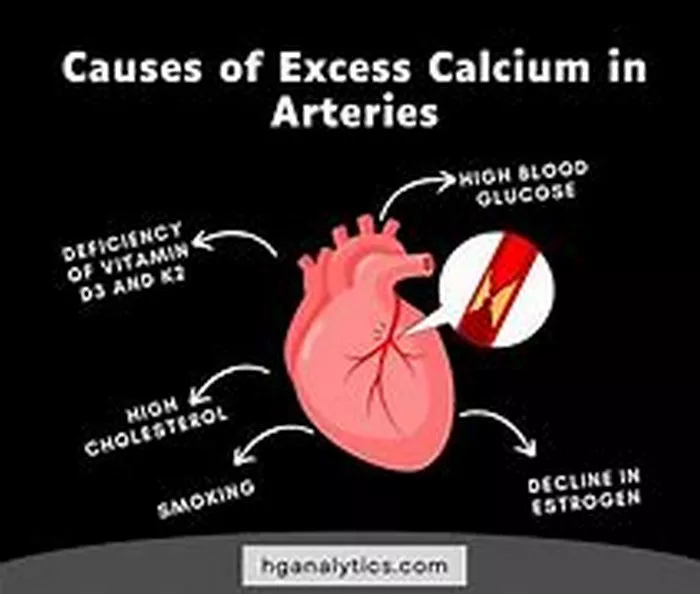Pericarditis and myocarditis are inflammatory conditions affecting the heart, each with its own distinct set of symptoms. In this comprehensive article, we delve into the nuanced manifestations of pericarditis and myocarditis, offering insights into the hallmark symptoms and clinical clues that aid in their diagnosis and management.
What Is Pericarditis And What Are The Symptoms of Pericarditis?
Pericarditis is swelling and irritation of the thin sac-like tissue around the heart (pericardium). Pericarditis often causes severe chest pain. The irritated pericardial layers rub against each other, producing severe chest pain. Pericarditis is usually mild and resolves without treatment.
Pericarditis, characterized by inflammation of the pericardium (the thin sac surrounding the heart), manifests through a constellation of symptoms that can vary in intensity and duration.
Key symptoms include:
Chest Pain: The hallmark symptom of pericarditis, chest pain, is often described as sharp and stabbing, typically worsened by lying down or deep breathing (inspiration), and alleviated by sitting up and leaning forward. The pain may radiate to the neck, shoulders, or back and is exacerbated by coughing or swallowing.
Pericardial Friction Rub: A distinctive clinical finding in pericarditis is the pericardial friction rub, an audible sound heard through a stethoscope. This friction rub results from the inflamed pericardium rubbing against the heart during cardiac contraction and relaxation. The friction rub is typically described as a scratching or grating sound and may be best appreciated at the left sternal border during both inspiration and expiration.
Other Symptoms Include:
In addition to chest pain and pericardial friction rub, individuals with pericarditis may experience a range of other symptoms, including:
Shortness of Breath: Dyspnea or difficulty breathing may occur due to the restricted movement of the inflamed pericardium, impairing cardiac filling and function.
Fatigue: Generalized weakness, fatigue, and malaise are common accompanying symptoms of pericarditis, reflecting the systemic inflammatory response.
Low-Grade Fever: Some individuals with pericarditis may develop a mild fever, typically below 100.4°F (38°C), as a result of the body’s immune response to inflammation.
Anxiety: The chest pain and discomfort associated with pericarditis can evoke feelings of anxiety or distress in affected individuals.
Cough: A dry, non-productive cough may occur secondary to irritation of the pericardium or compression of adjacent structures.
It’s essential to note that the presentation of pericarditis can vary widely among individuals, and not all symptoms may be present in every case.
Additionally, certain factors such as the underlying cause of pericarditis, the presence of complications (such as pericardial effusion or cardiac tamponade), and individual patient characteristics can influence the symptomatology and clinical course of the condition.
What Should Patients with Viral Myocarditis Pay Attention to in Their Daily Lives?
First, in terms of diet, it is not recommended to eat foods that are too high in fat or too spicy, such as spicy crayfish, Mapo tofu, fried dough sticks, fried foods, etc. These foods may irritate the gastrointestinal tract, affect the function of the heart and even other organs, and may worsen the condition. Therefore, you should eat light and nutritious foods, rich in vitamins and trace elements.
Second, in terms of daily routine, you must ensure effective sleep. If you often stay up late or are overworked, the burden on the heart will increase and even worsen the condition. This is a patient with viral myocarditis. Precautions in daily life, and bed rest for a long enough time so that the function of myocardial cells can be well restored, is also very important for patients with viral myocarditis
Conclusion
recognizing the hallmark symptoms of pericarditis, including chest pain, pericardial friction rub, and associated systemic manifestations, is paramount for timely diagnosis and appropriate management. Healthcare providers should maintain a high index of suspicion for pericarditis in individuals presenting with suggestive symptoms, conduct a thorough clinical evaluation, and implement a tailored treatment approach to alleviate symptoms, reduce inflammation, and prevent complications. By elucidating the distinctive features of pericarditis, we can enhance awareness, facilitate early intervention, and optimize outcomes for individuals affected by this inflammatory cardiac condition.
FAQs
Will pericarditis heal on its own?
Pericarditis can resolve on its own in many cases, especially if it’s acute and uncomplicated. However, some individuals may require medical treatment to manage symptoms and prevent complications. It’s essential to follow healthcare provider recommendations for monitoring and treatment.
What are the symptoms and manifestations of myocardial ischemia?
Myocardial ischemia occurs when the blood flow to the heart muscle is reduced, typically due to coronary artery disease. Symptoms of myocardial ischemia include chest pain or discomfort (angina), shortness of breath, nausea, vomiting, diaphoresis (excessive sweating), palpitations, and fatigue. In some cases, myocardial ischemia may be asymptomatic, particularly in individuals with silent ischemia or atypical symptoms.
How long does it take to recover from pericarditis?
The recovery time from pericarditis can vary depending on factors such as the underlying cause, severity of symptoms, and individual patient characteristics. In cases of viral pericarditis or when the cause cannot be determined, recovery usually takes 1 to 3 weeks. Recovery from complicated and recurrent pericarditis is slow. Patients whose cancer has invaded the pericardium rarely survive more than 12 to 18 months.
Acute pericarditis may resolve within a few days to weeks with appropriate treatment, while chronic or recurrent pericarditis may require longer-term management. Most individuals with uncomplicated pericarditis can expect to recover fully within a few weeks to a few months, although ongoing monitoring and follow-up may be necessary to prevent recurrences and monitor for complications.


